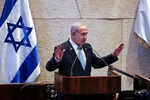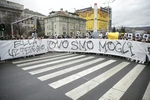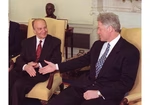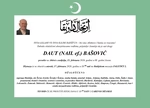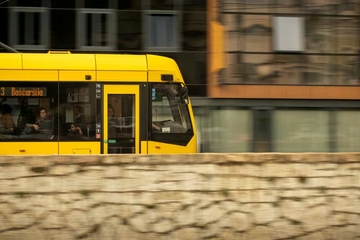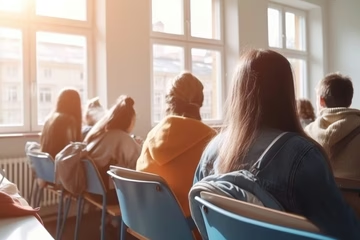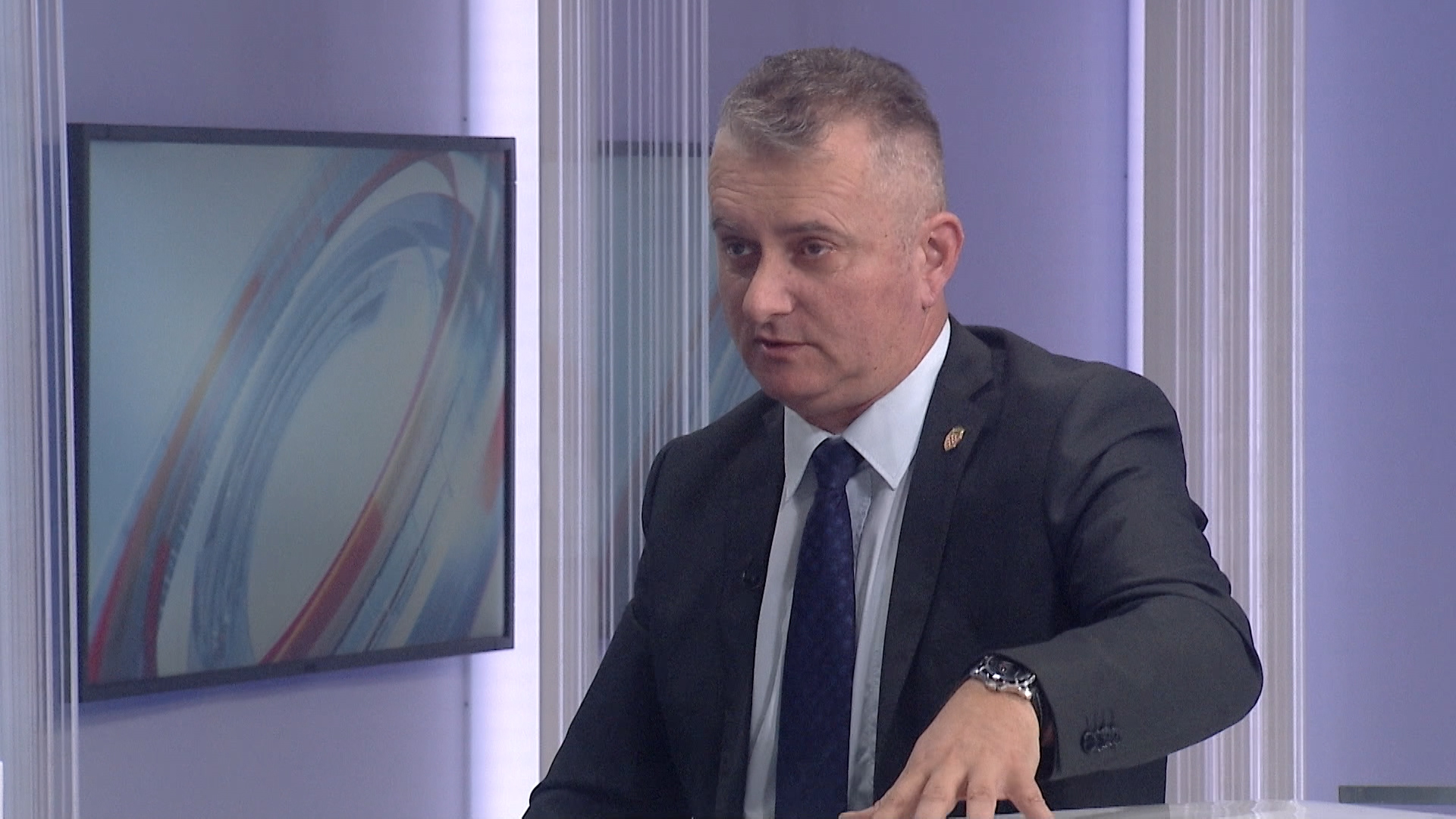
There is not much time left and agreement on changes to Bosnia's electoral legislation are not likely to happen in the forthcoming period, said Marko Karamatic, Croat member of Bosnia's House of Peoples – one of the two chambers of the state bicameral parliament.
Oglas
Changes to the Bosnia's Election Law have been on agenda for some two years but as the October elections are approaching, this issue has come into focus of attention and into centre of political developments in the country.
“I don't believe agreement will happen, there is no much time left, and we can already see statements of certain officials who say it would be the best to have the Office of the High Representative (OHR) - who brought us into this situation – react,” said Karamatic to N1, adding that this would not be a good path and that such policy would take Bosnia into “unprecedented crisis.”
Two years ago the Constitutional Court ruled that some provisions of the Election Law were inconsistent with the state Constitution. Since then the authorities have failed to act in the legally allowed timeframe resulting in a further court ruling to delete two sections of the Election Law that treats the matter of representation in the FBiH House of Peoples.
Oglas
According to Karamatic, the OHR is not likely to impose a solution to this issue.
“The OHR's mandate here has ended, poor (High Representative) Valentin Inzko got stuck at his post here like Ljubo Beslic at post of the Mostar Mayor. That is the past perfect tense,” he stressed.
The OHR is an ad-hoc international institution responsible for overseeing the implementation of civilian aspect of the peace agreement, known as the Dayton Peace Accords, which ended the 1990s conflict in Bosnia. The OHR works with people and institutions of Bosnia and the internaitonal community to ensure that the country evolves into a peaceful and viable democracy on course of Euro-Atlantic integration.
Kakvo je tvoje mišljenje o ovome?
Učestvuj u diskusiji ili pročitaj komentare
Oglas
Kakvo je tvoje mišljenje o ovome?
Učestvuj u diskusiji ili pročitaj komentare
Oglas





 Srbija
Srbija
 Hrvatska
Hrvatska
 Slovenija
Slovenija















